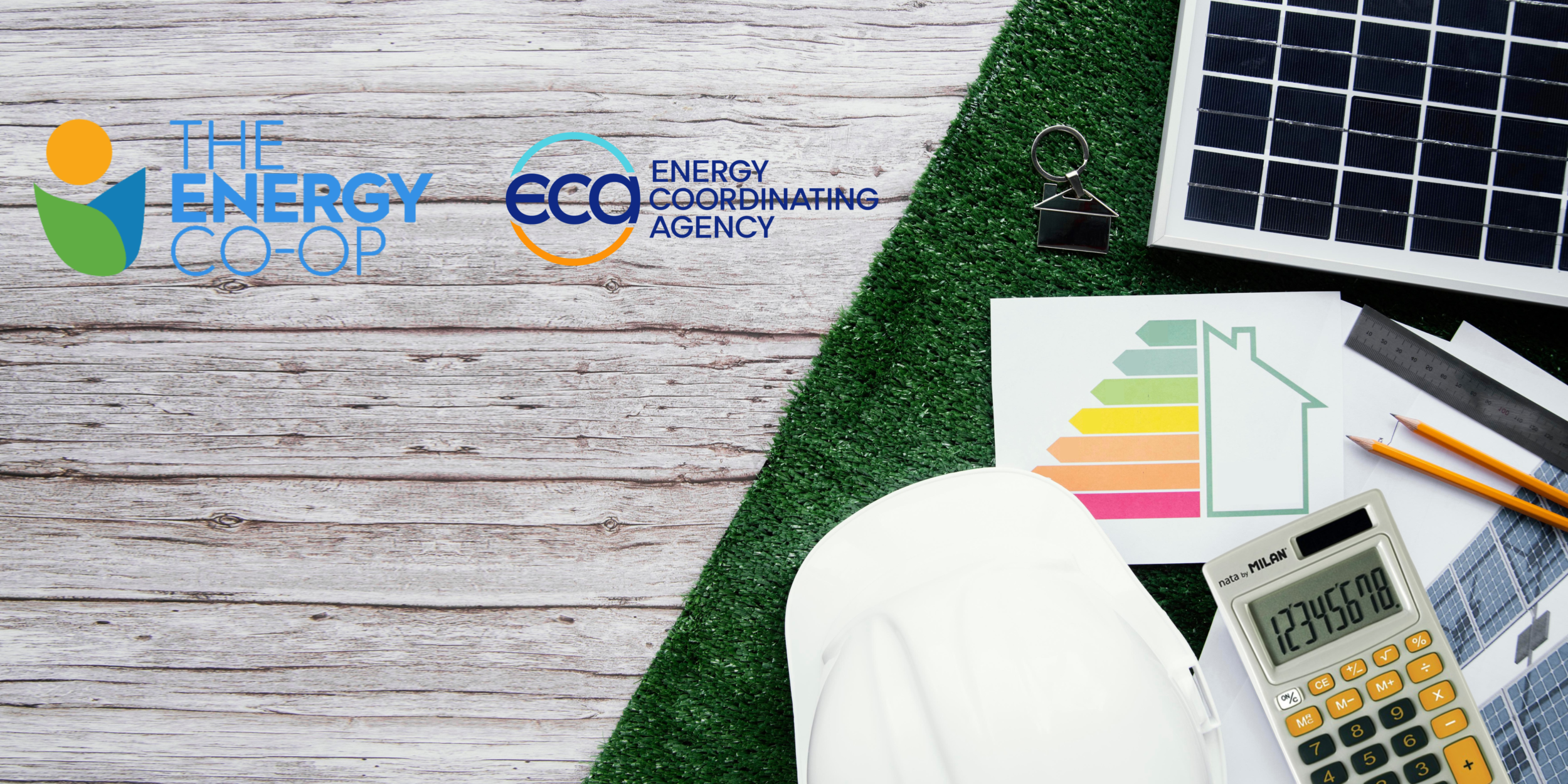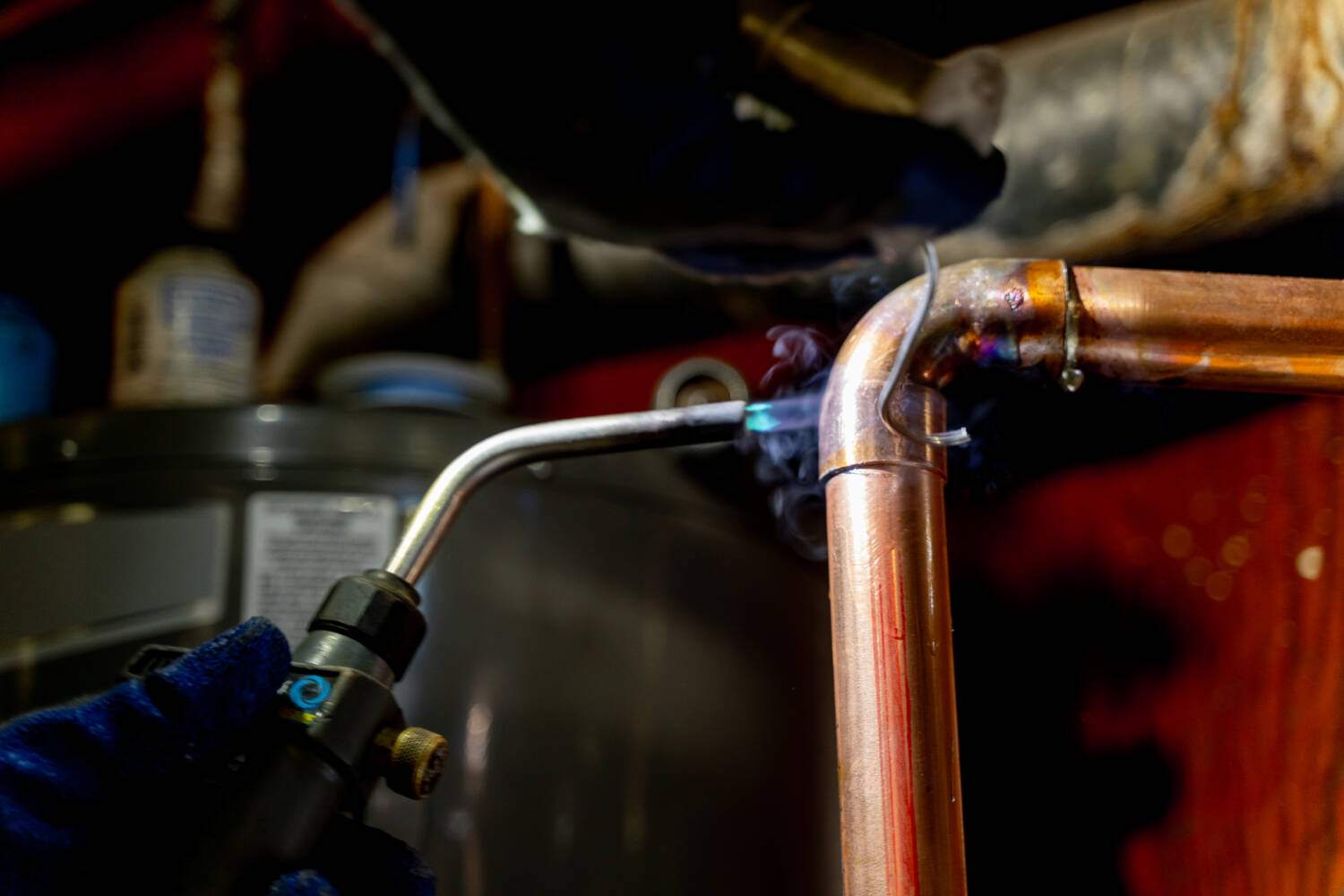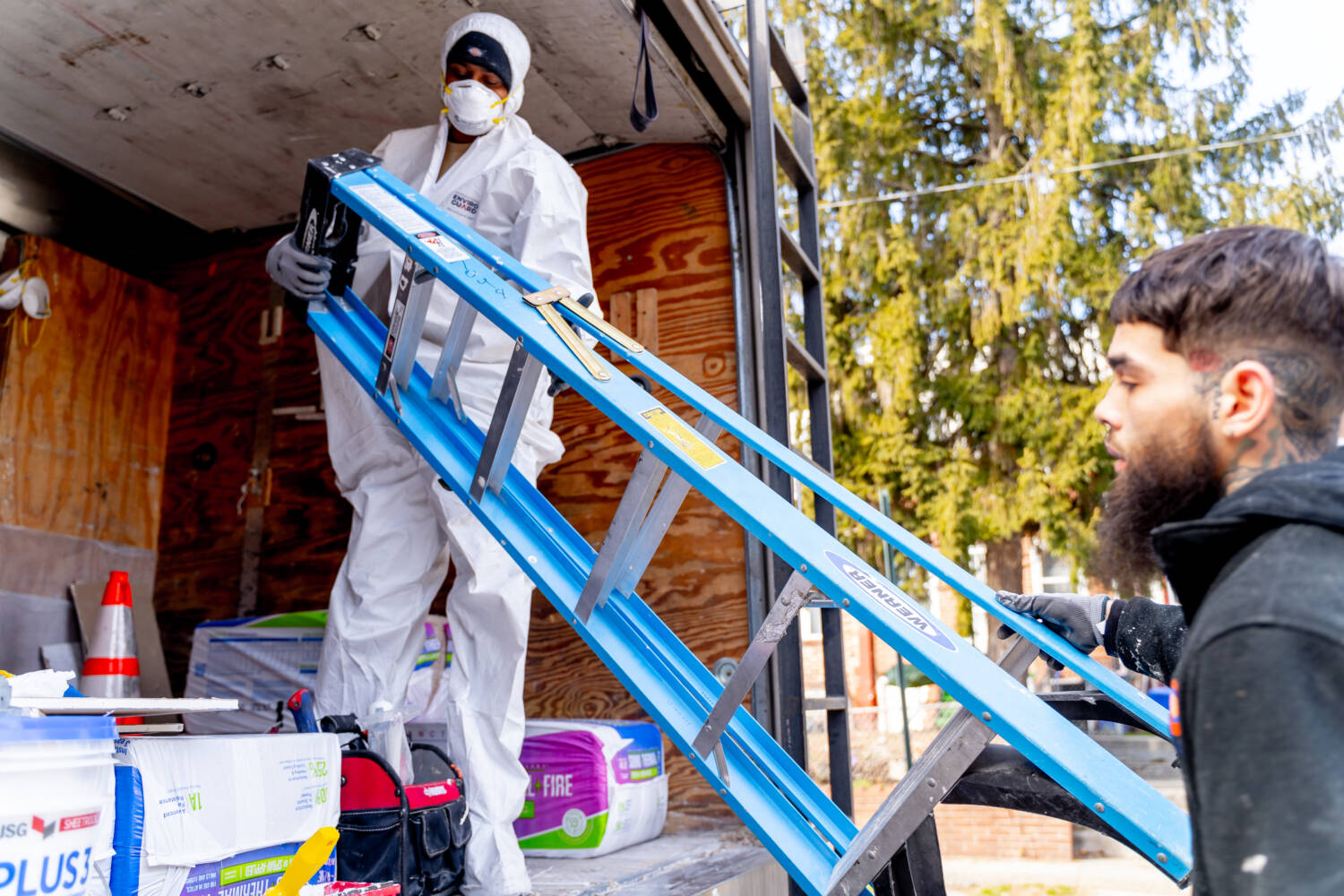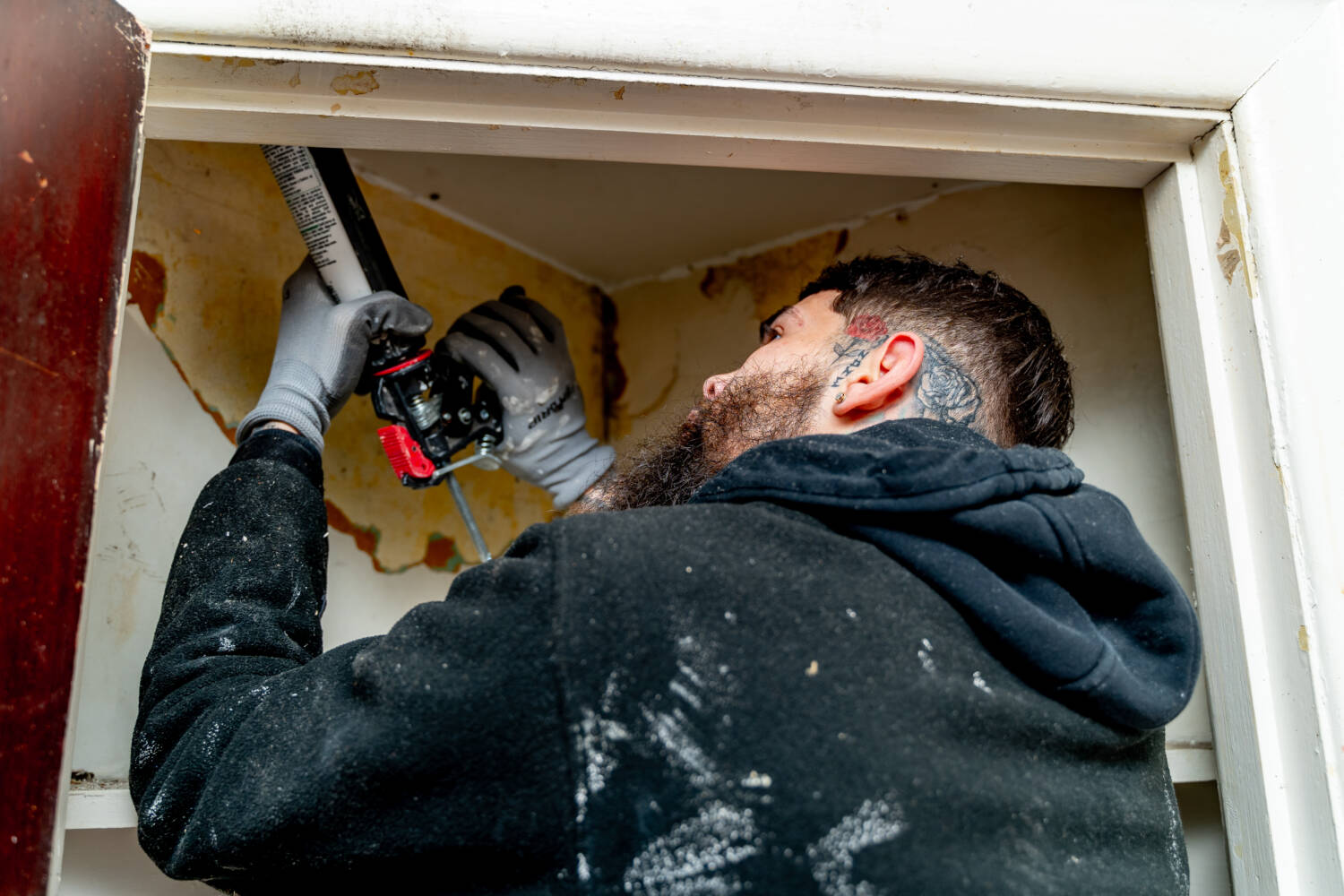
Written by Luke Johnson, Energy Coordinating Agency Business Development Intern– 9/10/2024
Understanding Residential Energy Audits
In an era where energy efficiency is not just a buzzword but a necessity, homeowners increasingly turn to energy audits as a powerful tool to optimize their homes’ energy consumption. But what exactly is an energy audit, and why should you consider getting one for your home? Let’s dive into the world of residential energy audits and explore how they can benefit you, your wallet, and the environment.
What is a Residential Energy Audit?
A residential energy audit is a comprehensive assessment of your home’s energy use. It’s like a health check-up for your house, identifying areas where energy is wasted and recommending improvements. During an audit, trained professionals examine various aspects of your home, including insulation, heating and cooling systems, windows, doors, and appliances.
The Benefits of Energy Audits
- Cost Savings: An audit can help you significantly reduce your energy bills by pinpointing energy inefficiencies. Many homeowners see savings of up to 60% after implementing audit recommendations.
- Improved Comfort: Addressing issues like drafts, uneven heating, or poor insulation can make your home more comfortable year-round. Environmental Impact: Reducing your energy consumption means lowering your carbon footprint, contributing to a healthier planet.
- Increased Home Value: Energy-efficient homes are increasingly attractive to buyers, potentially boosting your property’s value.
- Health and Safety: Audits can identify potential health hazards like gas leaks or poor ventilation.

What to Expect During an Energy Audit
A typical energy audit involves several key steps:
- Visual Inspection: The auditor will walk through your home, checking for obvious signs of energy loss.
- Blower Door Test: This test measures the airtightness of your home, helping to identify drafts and air leaks.
- Thermographic Scan: Auditors can detect heat loss and insulation gaps invisible to the naked eye using infrared cameras.
- Appliance and HVAC System Check: Your major appliances and heating/cooling systems will be evaluated for efficiency.
- Energy Bill Analysis: Your past energy bills are reviewed to understand consumption patterns.
- Comprehensive Report: You’ll receive a detailed report with findings and recommendations for improvements.
Types of Energy Audits
Not all energy audits are created equal. There are generally two types of audits available to homeowners:
- Basic Energy Assessment: This is a less intensive option, often offered for free or at a low cost by utility companies, such as PECO. It provides a general overview of your home’s energy use and some basic recommendations.
- Professional Comprehensive Audit: Conducted by certified professionals, such as those at ECA, these audits are more thorough and provide detailed analysis and specific recommendations. While they come at a higher cost, they offer more in-depth insights and potential for savings.

The Importance of BPI Certification
When choosing an energy auditor, looking for professionals certified by the Building Performance Institute (BPI) is crucial. BPI certification ensures that the auditor has undergone rigorous training and adheres to industry standards. BPI-certified auditors are equipped to provide a holistic view of your home’s energy performance, considering how all systems work together to affect energy consumption, comfort, and safety.
Implementing Audit Recommendations
Once you have your audit results, the next step is to implement the recommendations. Common suggestions might include:
- Adding insulation to attics, walls, or basements
- Sealing air leaks around windows, doors, and other openings
- Upgrading to more efficient HVAC systems
- Replacing old appliances with ENERGY STAR-certified models
- Installing programmable or smart thermostats
- Upgrading to energy-efficient lighting
While some of these improvements can be DIY projects, others may require professional assistance. ECA will fully subcontract the repairs/services through our network of vetted and trusted local contractors.
Financial Considerations
While energy audits and subsequent improvements come with upfront costs, they should be viewed as investments. Many improvements pay for themselves through energy savings within a few years. Additionally, rebates, tax incentives, and financing options are often available to help offset costs. Be sure to research programs in your area that might help make energy improvements more affordable.

Spotlight on ECA’s Energy Audits vs. PECO’s Energy Assessments
For residents in the Philadelphia area, two notable options for energy assessments are available: the Energy Coordinating Agency (ECA) Energy Audit and PECO’s Energy Assessment. Let’s compare these options to help you make an informed decision:
ECA Energy Audit:
- Conducted by a certified BPI (Building Performance Institute) energy auditor
- Takes two to three hours
- Costs $500, but this may be applied to services totaling at least $1,000
- Includes a comprehensive SnuggPro report with detailed recommendations and return on investment (ROI) estimates
- Features a blower door test, thermographic scan, and testing of appliances and HVAC systems
- Offers combustion testing for fossil fuel-fired appliances and checks for gas leaks
- Can result in energy savings of up to 60% annually
PECO Energy Assessment:
- Conducted by a PECO energy advisor
- Takes one to two hours
- Costs $50
- Includes installation of free energy-saving products like LED bulbs and smart power strips
- Offers PECO exclusive rebates on HVAC equipment and weatherization work
- Provides a personalized report with tips that may save up to 20% on energy costs annually
While both options provide valuable insights, the ECA Energy Audit offers a more comprehensive assessment, particularly beneficial for homeowners looking to make significant energy efficiency improvements. The BPI certification of ECA’s auditors ensures a high level of expertise and a holistic approach to home energy performance.
A residential energy audit is a powerful tool for homeowners looking to reduce energy costs, improve comfort, and minimize their environmental impact. By providing a clear picture of your home’s energy use and specific recommendations for improvements, an audit empowers you to make informed decisions about energy efficiency upgrades. Whether you opt for a basic assessment or a comprehensive BPI-certified audit, the knowledge gained can lead to significant long-term benefits for your home, your wallet, and the planet.
Remember, energy efficiency is not just about saving money – it’s about creating a more sustainable and comfortable living environment for you and your family. So why wait? Consider scheduling an energy audit today with ECA and take the first step towards a more efficient, comfortable, and environmentally friendly home.